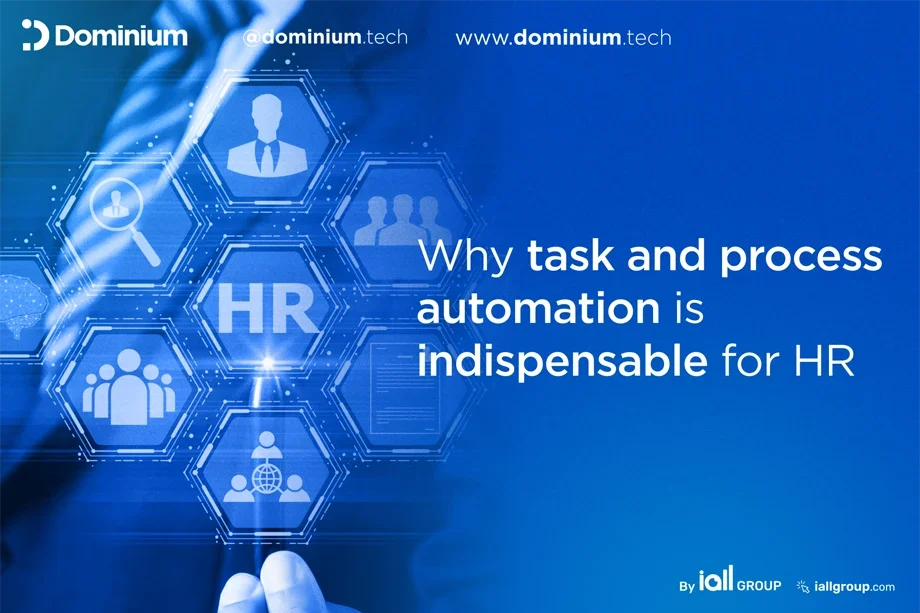Unlocking the potential of Robotic Process Automation (RPA)
Digital Transformation has become an unavoidable reality for companies of all sizes and sectors. At the heart of this transformation is Robotic Process Automation (RPA), a revolutionary technology that has the power to redefine operations and improve organizational performance. For managers and IT professionals, understanding and implementing innovative strategies with RPA can be the difference in achieving the desired operational efficiency.
What is RPA and why is it so important?
RPA is a technology that automates repetitive tasks using software robots. By replacing human intervention in manual and repetitive processes, RPA allows organizations to achieve greater efficiency, accuracy and productivity. With custom RPA solutions, you can optimize everything from task identification to workflow design and ongoing support.
Benefits of implementing RPA
Saving time and money: Automating manual tasks frees up human resources to focus on more strategic activities with greater added value.
Error reduction: Software robots perform tasks with precision, minimizing human errors and increasing the quality of processes.
Improved productivity: With quick and efficient execution of tasks, the overall productivity of the organization is significantly improved.
Innovative strategies to maximize the impact of RPA
1. Process assessment and identification
Before implementing automation, it is crucial to carry out a detailed assessment of existing processes to identify which are best suited for automation. Focusing on repetitive processes, data-driven rules, and high-volume tasks can provide the best returns on your RPA investment.
2. Optimized Workflow Design
After identifying processes, it is important to design optimized workflows that integrate automation efficiently. This involves creating logical sequences of tasks that software robots will follow to perform activities effectively and consistently.
3. Team training and qualification
Although RPA is designed to automate tasks, human collaboration is still essential to monitor and manage software robots. Investing in team training and qualification is essential to ensure a smooth transition and maximize the benefits of automation.
4. Ongoing monitoring and maintenance
After implementation, it is vital to monitor the performance of automated processes and perform regular maintenance to ensure everything works as expected. This allows you to identify optimization opportunities and adjust automation strategies as needed.
Robotic Process Automation (RPA) offers a promising path for managers and IT professionals seeking to improve operations and organizational performance. By adopting innovative and personalized RPA strategies, companies can achieve a significant transformation in efficiency, productivity and market competitiveness.
At Dominium, we are committed to offering customized RPA solutions to meet the specific needs of small, medium and large businesses. If you are interested in discovering how RPA can boost your business, contact us to learn more and take the next step towards operational excellence.



